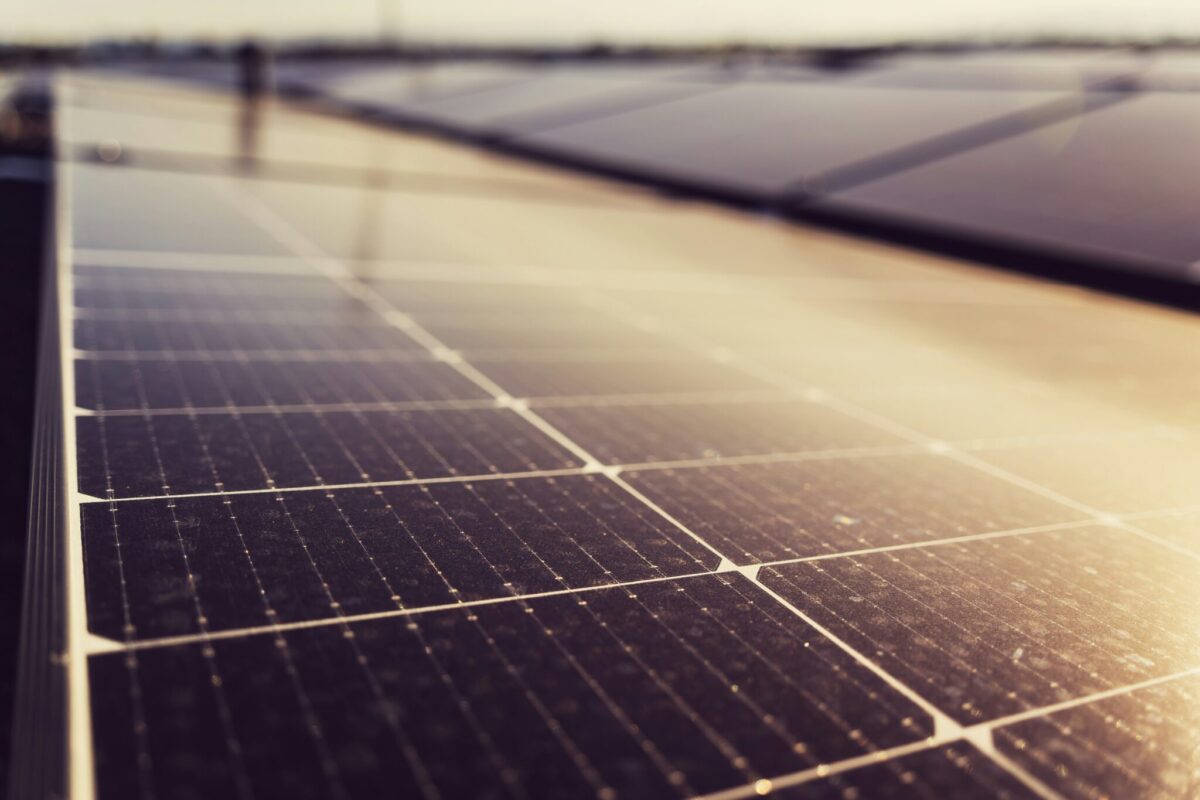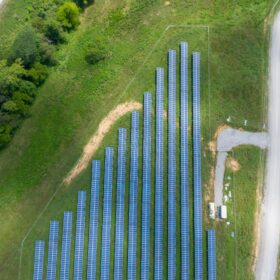After years of resisting solar development in the Sunshine State, Florida Power & Light Company (FPL) is rushing full speed ahead to build utility-scale solar plants with breathtaking speed.
Florida’s largest utility said it has installed 1.25 million solar modules at the eight plants it currently has under construction, which is halfway to its goal of having 2.5 million modules installed by early next year. And, if they reach that goal, it will be 25% of the 10 million modules they plan to have in place by 2023
“We’re investing nearly $1 billion to grow solar in Florida this year alone, and we’re building each of these new solar power plants cost-effectively,” said Eric Silagy, FPL president and CEO.”Together, these eight new plants are projected to generate an estimated net lifetime savings of more than $100 million for our customers – over and above the cost of construction.”
The utility’s new found support for solar development must come as a shock to those who remember all the way back to … April of this year, when FPL found itself mired in a controversy where critics said it had written a bill that would have significantly harmed rooftop solar and was introduced in the Florida House of Representatives by Rep. Ray Rodriguez.
While charges it had actually written the bill were false, there were enough similarities between a memo FPL sent to Rep. Rodriguez and the actual bill itself – eight bill sections were actually lifted verbatim from the memo – that FPL and Rodriguez found themselves at the center of a controversy over what might otherwise have been a bill that snuck through the legislature with little fanfare.
And those with even better memories might remember how FPL, along with other utilities in the state, tried to sneak a state constitutional amendment that would have essentially outlawed rooftop solar in the state, keeping the power to produce solar electricity firmly in their hands.
But a series of almost comical missteps during the last month or so of the campaign, including recordings of FPL lobbyists bragging about how it was pulling the wool over the voters’ eyes with the amendment, eventually doomed the bill to defeat – and saving rooftop solar in the state in the process.
Since that defeat, FPL has started construction on eight new utility-scale solar plants, which total 600 MW. The plants include four the utility expects to commission by December 31, with the other four completed by March 1, 2018.
Interestingly, FPL reports in the press release that solar will outpace coal and oil combined as a percentage of the company’s energy mix by the year 2020 and assumes for itself the mantle of being “one of the cleanest utilities in the country.”
What its actions indicate isn’t necessarily an aversion to solar electricity per se as much as it is an aversion to rooftop solar – distributed solar installed on customers’ homes and businesses – that would remove some of the electricity-generating power out of the utility’s hands and into the hands of its customers. Such an electricity generating model could reduce FPL’s captive customer base and harm its revenues.
It should be noted that FPL is hardly the only utility facing this dilemma, and it is an ongoing conversation around the country, with no single answer to the conflict in sight.
For more insight into FPL’s relationship with rooftop solar, please click on the following stories:
Did Florida Power & Light write anti-rooftop solar legislation?
Florida bill protects on-site solar use from PSC regulations
Florida Power & Light races to a solar future
FPL to put online Florida’s first large utility-scale solar plants
Florida’s Amendment 1 fails in enormous win for solar
Florida follies: Utilities continue to fund fake pro-solar Amendment 1
This content is protected by copyright and may not be reused. If you want to cooperate with us and would like to reuse some of our content, please contact: editors@pv-magazine.com.







By submitting this form you agree to pv magazine using your data for the purposes of publishing your comment.
Your personal data will only be disclosed or otherwise transmitted to third parties for the purposes of spam filtering or if this is necessary for technical maintenance of the website. Any other transfer to third parties will not take place unless this is justified on the basis of applicable data protection regulations or if pv magazine is legally obliged to do so.
You may revoke this consent at any time with effect for the future, in which case your personal data will be deleted immediately. Otherwise, your data will be deleted if pv magazine has processed your request or the purpose of data storage is fulfilled.
Further information on data privacy can be found in our Data Protection Policy.